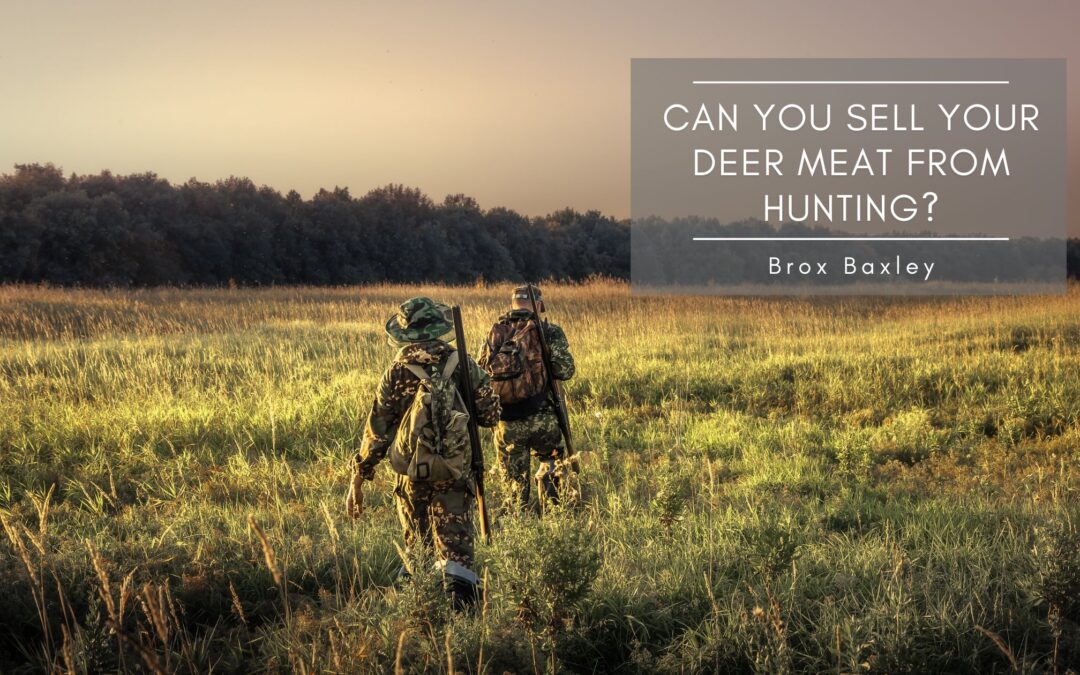Are you an avid hunter who has successfully bagged a deer and now wonders if you can sell the meat? Selling wild game meat, including deer, is subject to strict regulations and laws in most places. Let’s explore the legality and considerations associated with selling deer meat from hunting.
In many jurisdictions, selling wild game meat is prohibited or heavily regulated. This primarily Investigates food safety, wildlife conservation, and fair chase principles. Selling deer meat without proper licensing and adherence to regulations can result in hefty fines, legal consequences, and damage to wildlife populations.
One of the main concerns with selling deer meat is ensuring that it has been harvested and processed in a way that meets food safety standards. Improper handling and processing can lead to contamination and the spread of foodborne illnesses. To legally sell deer meat, hunters must typically have it processed by a licensed meat processor or facility that follows strict sanitation and inspection protocols.
Furthermore, wildlife conservation laws often prohibit commercializing wild game meat to prevent overexploitation of wildlife populations. Selling deer meat without proper authorization can contribute to unsustainable hunting practices and harm local ecosystems.
While wild game meat is generally restricted, some exceptions and avenues exist for legally selling deer meat in certain jurisdictions. For example, some states allow hunters to sell venison under specific conditions, such as participating in state-regulated programs or donating meat to food banks and charities.
Before considering selling deer meat, hunters should research and familiarize themselves with the regulations and requirements governing the sale of wild game meat in their area. This may involve obtaining special permits, licenses, or certifications and adhering to specific processing and labeling standards.
Alternatively, hunters can explore non-commercial options for sharing or distributing excess deer meat, such as sharing with friends and family, participating in meat donation programs, or bartering with other hunters or community members.
In conclusion, while selling deer meat from hunting may seem appealing, it’s essential to understand and comply with the legal and regulatory framework surrounding the commercialization of wild game meat. Prioritizing food safety, wildlife conservation, and legal compliance is crucial to ensure a responsible and ethical approach to hunting and selling deer meat. Always consult local authorities and regulations before selling wild game meat to avoid legal complications and promote sustainable hunting practices.

